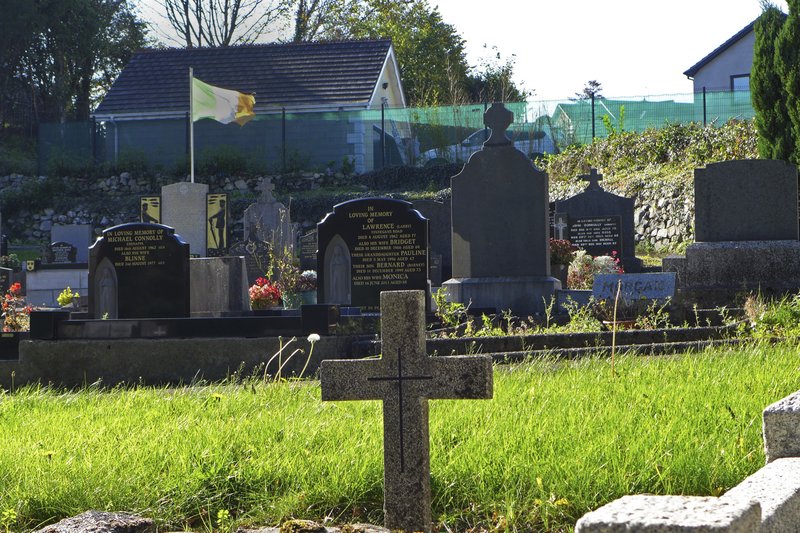Irish border concerns hinder Brexit negotiations
Oct 16, 2018
Originally published 11 October 2018
It has been two years since the referendum on the question of whether the United Kingdom should leave the European Union. Now, the two sides have diplomats meeting before the Brussels summit on Oct. 17 and 18 to discuss the diplomatic and economic future of a post-Brexit Europe.
A major source of tension in the negotiations has been the ongoing question of the Irish border, which separates the Republic of Ireland, an independent state, from Northern Ireland, which is under the sovereignty of the U.K.
The Irish border dispute hinges on a disagreement over establishing customs posts and border checks on the line demarcating Northern Ireland, the U.K.’s sole land border, and EU member the Republic of Ireland.
The British and Irish governments have shown reluctance to place such barriers on their mutual border given recent historical events. For over 20 years, Northern Ireland was consumed in violence under The Troubles, when unionist and nationalist forces fought for control of the region.
Border checks and customs posts were common targets of the pro-nationalist Provisional Irish Republican Army, which frequently staged bombings and raids against these outposts, and were easily accessible given Northern Ireland’s flat terrain.
Today, the border separating Northern Ireland and the Republic of Ireland is unguarded and unchecked, similar to many other borders in Europe. This situation may have to change given the U.K.’s withdrawal from the EU’s common market, where the importation of goods, services and people will likely be more inhibited.
This issue was brought up again last month when Prime Minister Theresa May’s economic plan was protested by EU diplomats.
British Foreign Secretary Jeremy Hunt received criticism after he compared the actions of the EU to the former Union of Soviet Socialist Republics, which prevented its satellite states in Eastern Europe from following an independent foreign policy.
“It was the Soviet Union that stopped people leaving,” Hunt said, according to The Associated Press.
Hunt’s comments were also seen as insensitive, considering that EU Council President Donald Tusk is a Polish politician who lived for decades under the communist regime in Poland, which came to an end in 1989. This is not to mention the former countries under the EU’s member-states, including Romania, Bulgaria, the Czech Republic, Slovakia and what is now Eastern Germany (where German Chancellor Angela Merkel is from), which were also satellite states of the Soviet Union.
Tusk rebutted Hunt’s comments, claiming that he misrepresented the intents and purpose of the EU.
“The Soviet Union was about prisons and gulags, borders and walls, violence against citizens and neighbors. The EU is about freedom and human rights, prosperity and peace. Life without fear,” Tusk said, according to The Associated Press.
The diplomats are meeting chiefly to reach an agreement on the Irish border issue, and other issues relating to the U.K.’s departure from the EU, before the official “leave date” on March 29.
Jean-Claude Juncker, President of the European Commission, says that, despite the obstacles to a successful Brexit deal, he remains positive as to the odds of reaching an agreement with the U.K. government before the deadline next year.
“Our will is unbroken to reach agreement with the British government,” he told Austrian newspapers Saturday.
Editor’s Note: Information from The Associated Press was used in this report.












